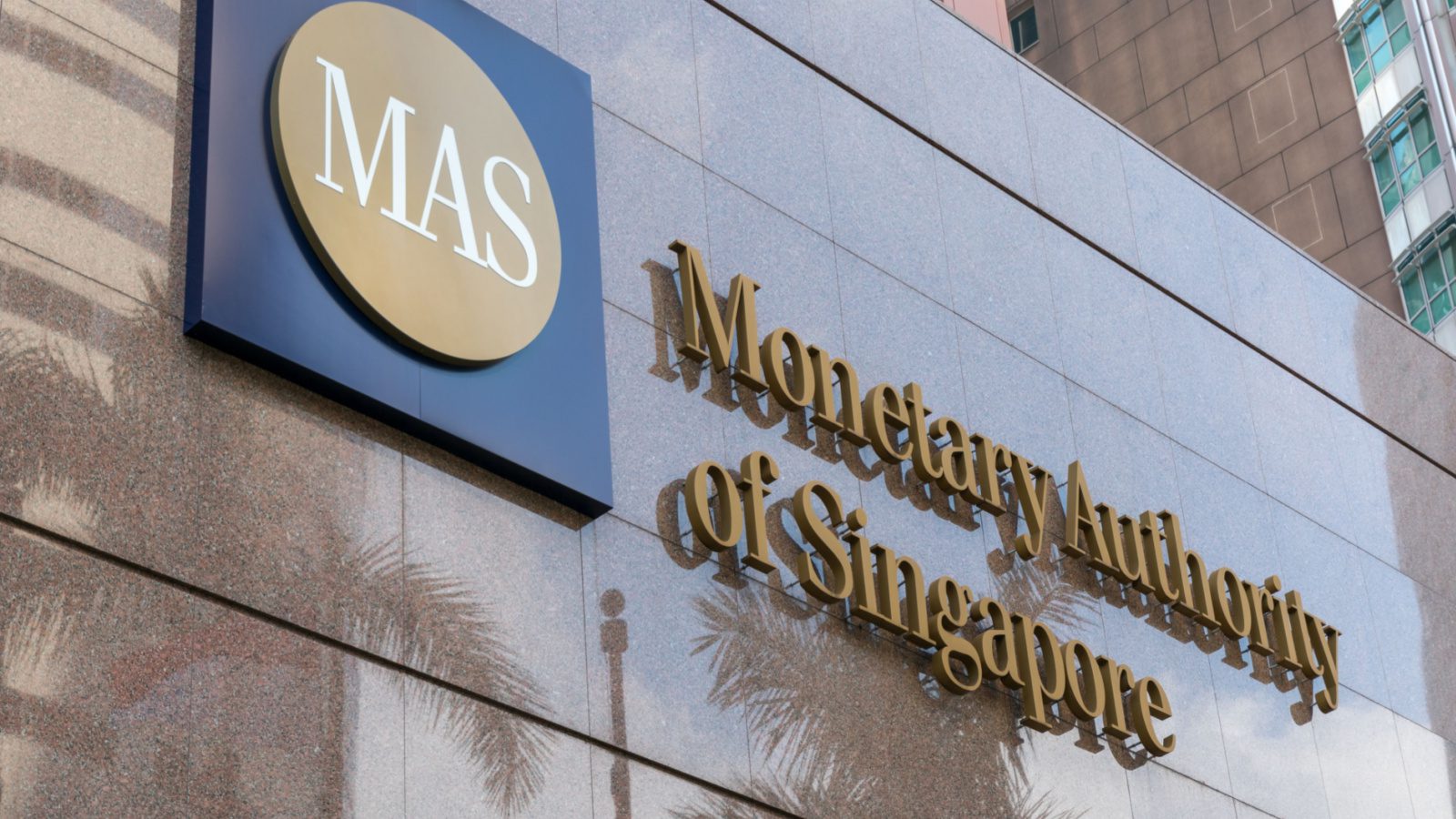webinar: the future of digital assets in wealth management – register for free
Singapore’s central bank wants to tokenize securities as part of a new DeFi pilot led by JPMorgan, DBS and Marketnode
The central bank of Singapore is tapping JPMorgan Chase to help lead a new blockchain pilot exploring the potential of DeFi.
The upcoming tests are part of the Monetary Authority of Singapore’s (MAS) Project Guardian initiative, which launched Tuesday.
Project Guardian aims to gauge whether DeFi (decentralized finance) applications running on public blockchains, including Ethereum, can improve wholesale borrowing and lending processes without introducing additional, undue risk. The first step: tokenizing bonds and deposits, with smart contracts powering trade executions.
MAS also enlisted Singaporean multinational bank DBS – one of Asia’s largest financial institutions – alongside local digital asset issuance venture Marketnode to co-lead the program.
Singapore’s Deputy Prime Minister Heng Swee Keat revealed the pilot at the launch of tech event Asia Tech x Singapore Summit on Tuesday. Heng, who also serves as coordinating minister for economic policies, urged retail investors to steer clear of cryptocurrencies — despite the government’s DeFi foray.
According to The Straits Times, Heng said Singapore must “pierce through both the hubris and the veil of suspicion” surrounding digital assets to fully grasp the “potentially transformative underlying technologies.” In other words: “blockchain, not bitcoin.”
The project intends to focus on digital securities, or blockchain-powered tokens backed by traditional financial instruments. Singapore’s central bank, which doubles as the nation’s regulatory authority on finance, will leverage the pilot’s results to inform its crypto policymaking.
While initial indications are that MAS is open to using public (permissionless) blockchains throughout Project Guardian, the tokenized bonds and deposits will be deployed to a private (permissioned) liquidity pool for the purposes of the pilot. There’s potential for digital securities trade on local regulated online exchanges at some point down the line.
Project Guardian diverges from a similar – already live – DeFi initiative managed directly by JPMorgan.
MAS wants to explore permissionless systems; JPMorgan’s Onyx Digital Assets platform is powered by a private blockchain that facilitates the tokenization and trading of US Treasurys within intraday repurchase, or repo, markets — which are employed by hedge funds and other asset managers looking to borrow money at reasonable rates to fund big-ticket orders.
Blockworks reported last week that French bank BNP Paribas had joined Onyx, which has so far processed more than $300 billion of digital tokens representing US Treasurys since its December 2020 launch.
In any case, it’s not clear whether the potential for regulatory clarity via Project Guardian will be enough to entice a selection of crypto’s biggest names back to Singapore.
Increased regulatory scrutiny and long wait times for crypto exchanges applying for licenses had clouded hopes for Singapore to become a global hub for digital assets, with the localized arm of the global exchange Binance shutting down last December.
Binance’s Singapore affiliate supported the trading of just eight cryptocurrencies at the time, a fraction of the 100 digital assets on Binance’s US platform, plus 600-odd tokens on its flagship exchange.
By March, Binance secured regulatory approval to begin operating in Dubai and quickly began looking to hire 100 new staffers in the region. Founder and CEO Changpeng Zhao bought property in Dubai in the months prior.
Crypto derivatives platform Bybit relocated its headquarters from Singapore to Dubai in April. Singapore-based exchange Crypto.com likewise recently signaled the company plans to open its first Dubai outpost.
Longtime crypto hedge fund firm Three Arrows Capital in April also pledged to move its headquarters from Singapore to Dubai. Co-founder Su Zhu cited “electric energy” in Dubai’s digital asset industry at the time.
Get the day’s top crypto news and insights delivered to your inbox every evening. Subscribe to Blockworks’ free newsletter now.
Messari, which already has 20 subgraphs within the ecosystem to date, said it wants to add a further 200, focusing on Web3 protocols
Gemini “made false or misleading statements” to the CFTC in 2017 in the bitcoin futures contract evaluation, according to the agency
Customers can earn staking rewards of up to 5% with ether and algorand
While the US and parts of Europe weigh the role that cryptos might play in aiding Russian sanction evasion, Cyprus is being fully compliant, a government official told Blockworks
Big tech is losing some top talent to blockchain companies
Author
Administraroot


